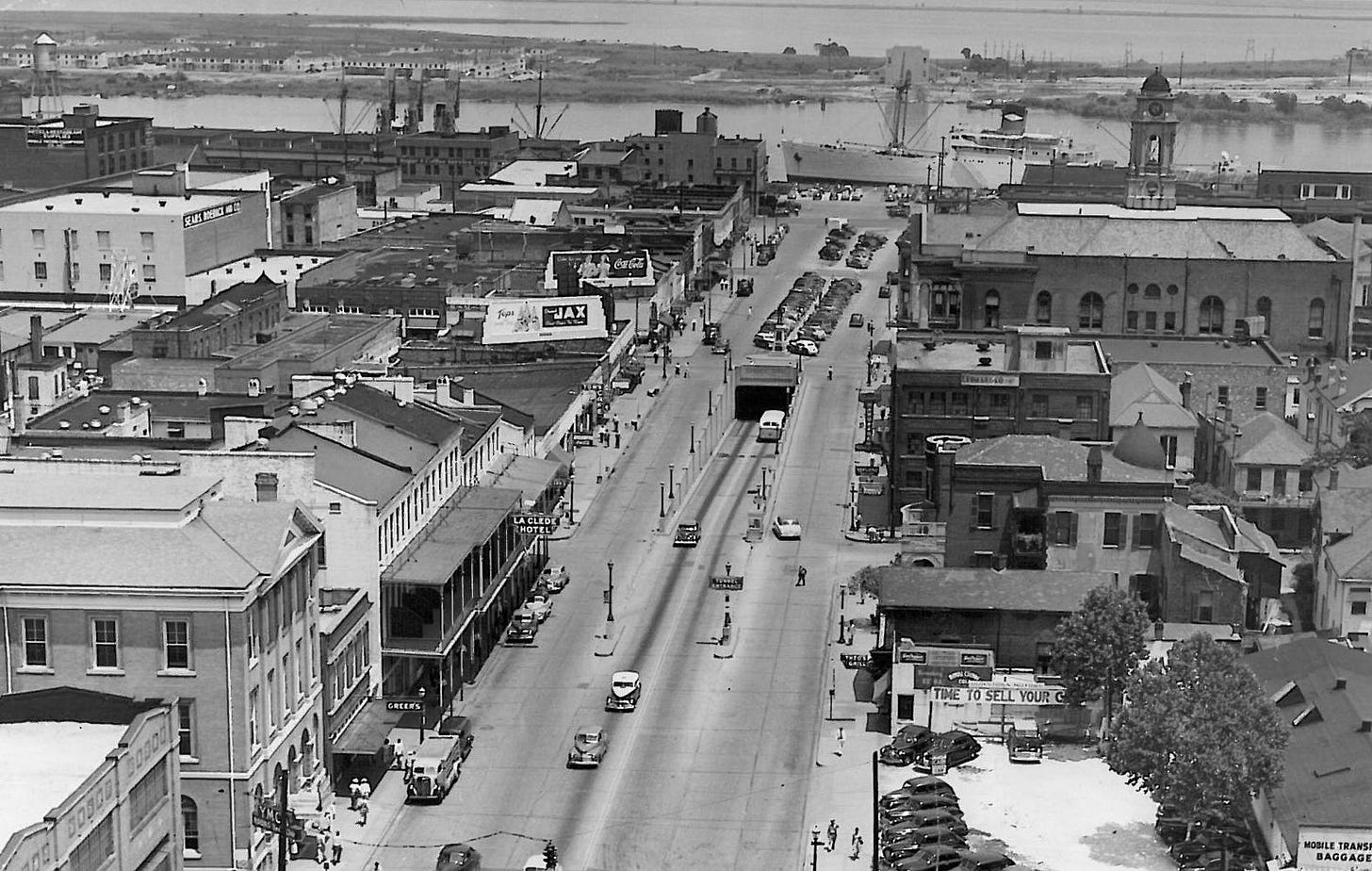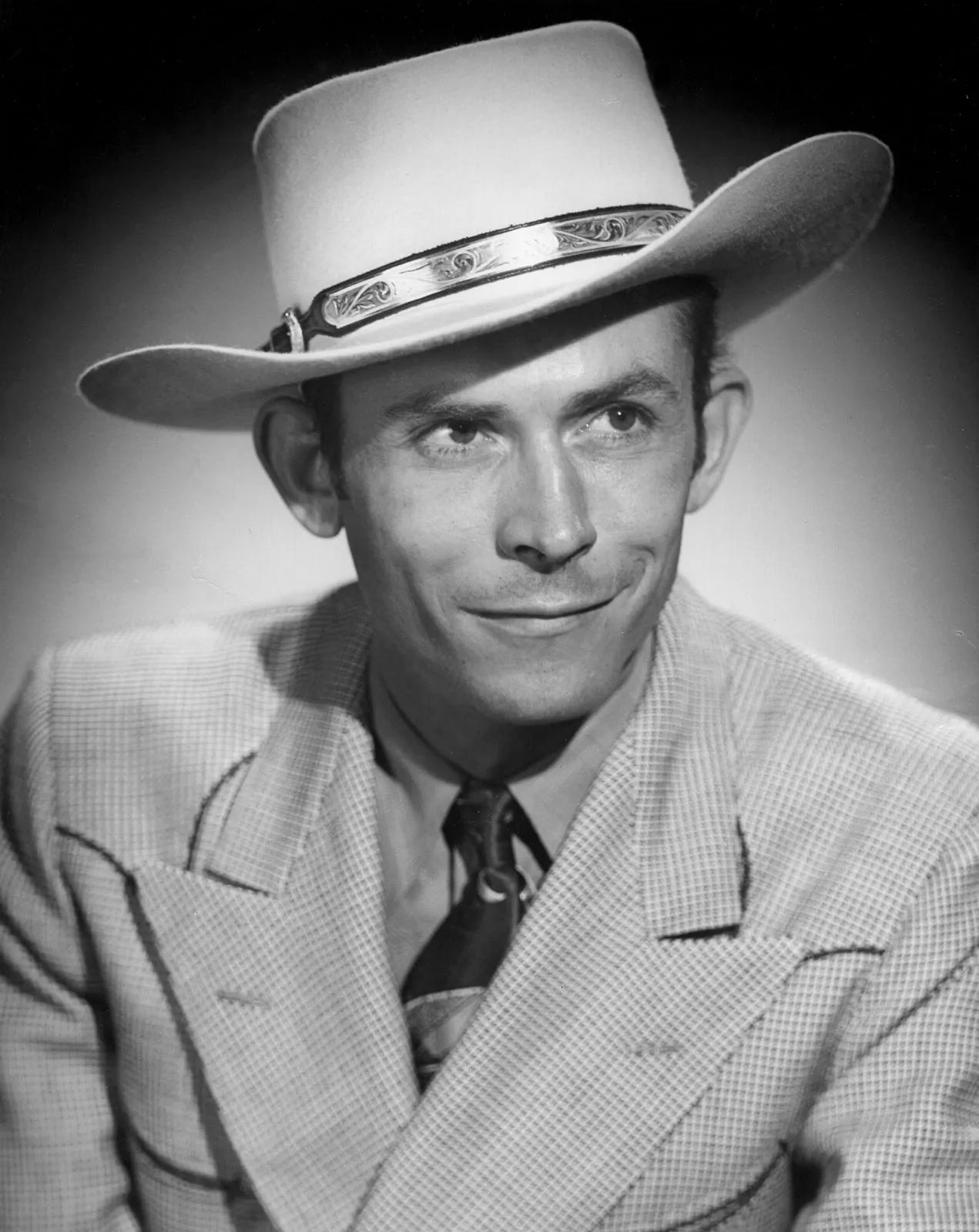“And it came to pass, when Hiram heard the words of Solomon, that he rejoiced greatly, and said, Blessed be the Lord this day, which hath given unto David a wise son over this great people.”
He had to be in West Virginia to sing on New Years Eve. He couldn’t fly out of Montgomery because of the unusual snow storm, so he had to drive. On December 30, the singer hired a college student to drive him from Alabama to West Virginia in order to make the show.
They stayed the night in Birmingham, and the next day they stopped off in Knoxville to take a flight to West Virginia. The flight took off, but returned to Knoxville because the snow storm was now covering the South. They had to keep driving.
Now back at the hotel in Knoxville, the college student fetched a doctor for the singer, who had been drinking and taking sedatives to provide some relief from the spina bifida he was afflicted with since birth. The doctor came, injected him with Vitamin B12 and morphine, and sent the travelers on their merry way.
The singer was in such bad shape that he had to be carried to the car. The student called the tour promoter to give them an update, but he was informed that the show in West Virginia had been cancelled, they were to make their way to Ohio for the New Years Day show.
So the student drove, stopping every so often to buy beer at the request of the singer and his back pain. Around midnight on New Years Day they crossed into Virginia from Tennessee. They stopped at a diner so that the student could get something to eat and call for a relief driver as he had been driving for 20 hours in the terrible weather.
And in Oak Hill, West Virginia they stopped at a gas station, and found the singer unresponsive and rigor mortis had set in. This is how the singer, Hiram died.
Hiram was born in Butler County in south Alabama to an impoverished family. His father was at one-time a railroad engineer, but after falling from a train, breaking his collarbone, and taking a severe blow to the head, he frequently traveled around for work, leaving his wife at home to stay with the kids.
At an early age, Hiram would sit with his mother as she played the organ in church, sparking his interest in music. In such an impoverished environment, his most prized possession became the harmonica he received at six years old. But the environment would get worse.
When Hiram was seven, his father became hospitalized, never to work again. So Hiram was sent to live with his aunt, and in a pure act of providence, it was in that time away from home that she taught him how to play the guitar.
After a year of playing the guitar, and listening to music at dances and church, Hiram went back to live with his mother in the boarding house she opened. Here, they would not stay long, and would for the next several years bounce around south Alabama as Hiram’s mother would find work.
In Montgomery, they stayed for good. With it being the largest town around, Hiram was given more than ample opportunity to pursue music. Here, a young Hiram was to perform publicly for the first time.
After becoming Montgomery’s latest sensation, Hiram gathered a few friends together, started a band, and toured honky-tonks throughout the Wiregrass.
But World War II came, and Hiram was the only member of the band that was disqualified from the draft because of his back. Those that came to replace the other members would soon quit as Hiram’s drunkenness worsened.
So Hiram moved to Mobile, worked in the shipyards, and married. The young couple lived in a little hotel room for the time being, but after a while, Hiram’s new wife suggested that he go back to Montgomery and pursue music again. So he did.
Hiram wrote and performed under his wife’s recommendation, and gained traction as an up and coming country music star.
Shortly after being rejected from the Grand-Ole Opry, Hiram was signed to a record label and had his first big hit. Hiram was now on the map.
Montgomery’s radio station could not project Hiram’s music far into the other parts of the South, so he moved to Shreveport, Louisiana for time to host his own radio show. In his off time, Hiram traveled to western Louisiana and Texas to gain popularity. But all would pale in comparison to what was about to happen.
And in 1949, he came out with his version of Lovesick Blues. Hiram’s version was a hit. It stayed at number one on the Billboard charts for four months. A star was born.
In the same year, Hiram made his debut at the Grand Ole Opry, and he received six encores. From this point onward he would no longer be known as Hiram, but to the rest of the world he would now be known as the man who had the lovesick blues, the man who was so lonesome he could cry, and the man who saw the light, Hank Williams.
I saw the light, I saw the light
No more darkness, no more night
Now I'm so happy no sorrow in sight
Praise the Lord, I saw the light





